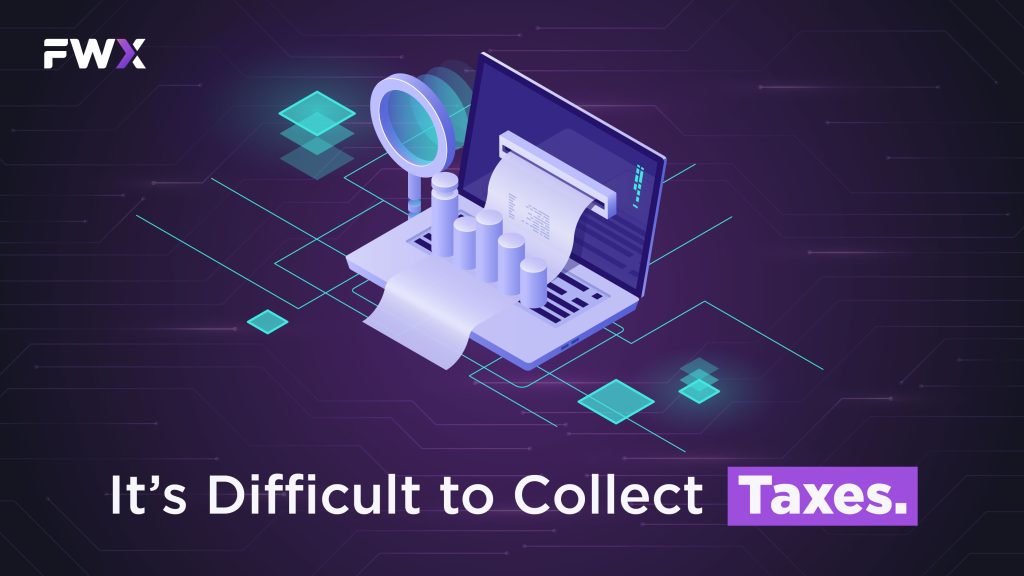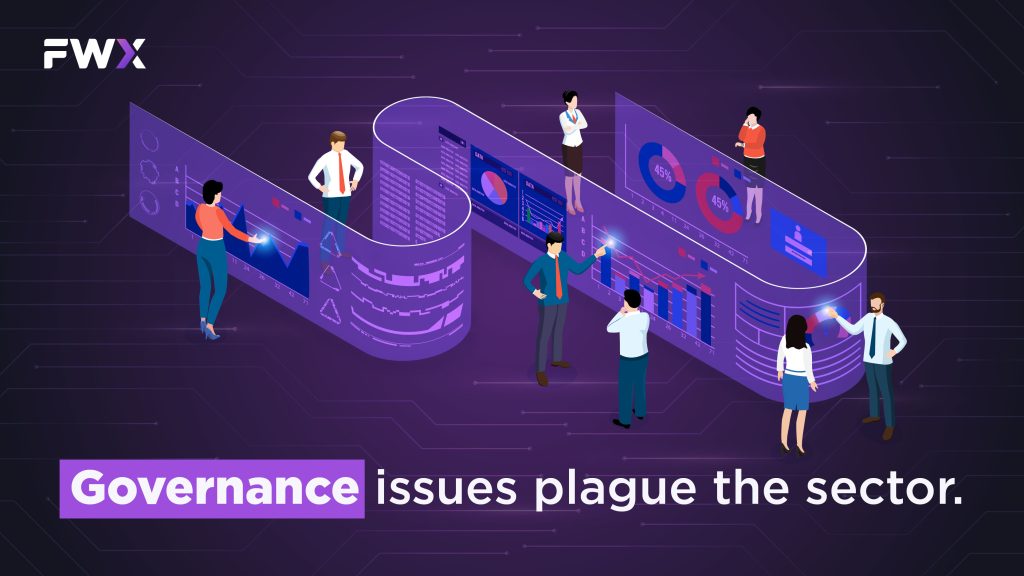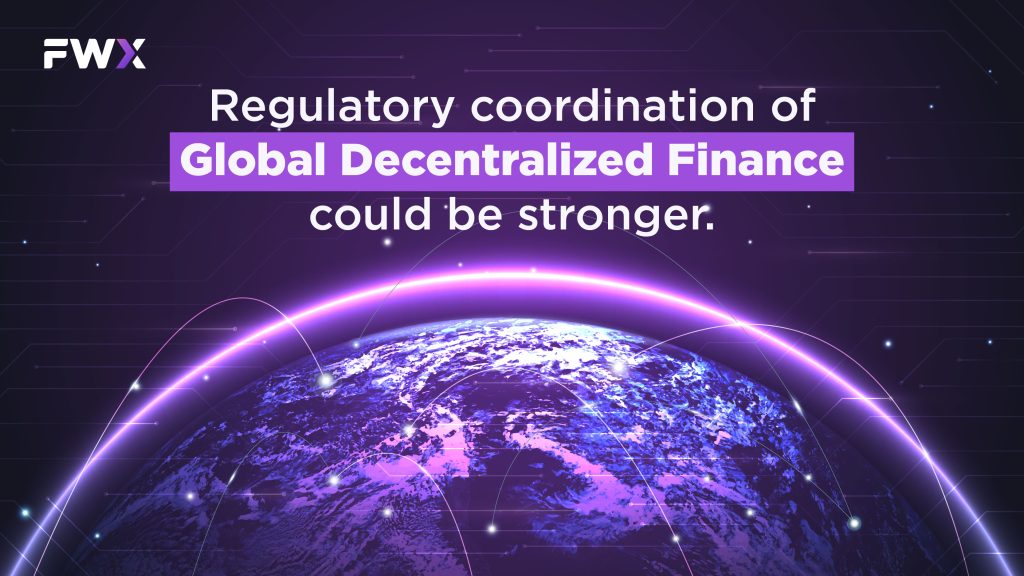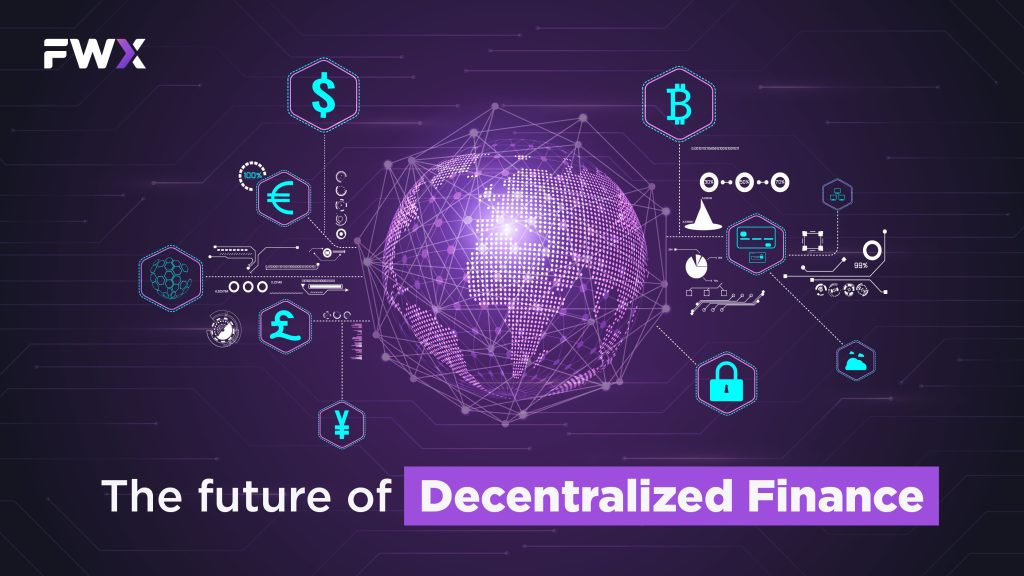A world without banks could be possible through decentralized finance (DeFi), a market worth $77 billion that offers a more efficient alternative to traditional banking. In DeFi, transactions are executed automatically, and people can trade directly with each other through blockchain-based smart contracts, without the need for intermediaries like big banks.
MIT Sloan finance professor Antoinette Schoar, a cryptocurrency researcher and co-director of the National Bureau of Economic Research’s Corporate Finance program, says that the distributed ledger technology at the heart of cryptocurrency and DeFi has the potential to change the architecture of our existing financial infrastructure.
While DeFi is seen as a way to democratize finance and reduce banking fees, there are still many challenges that must be addressed first, such as transparency and regulation. DeFi is mostly unregulated, which makes it a magnet for fraud and money laundering and lacks consumer safeguards that exist in traditional finance. In 2021, for instance, more than $10 billion was lost to DeFi scams.
Despite these challenges, DeFi offers plenty of opportunity and promise. In a new working paper titled “Cryptocurrencies and Decentralized Finance,” Schoar and co-author Igor Makarov of the London School of Economics unpack the claims and potential of DeFi. Four takeaways from their research include the potential for DeFi to revolutionize the financial sector, the need to address challenges like transparency and regulation, the importance of understanding the risks involved in DeFi, and the need for collaboration between regulators and innovators to ensure that DeFi can realize its potential.
1. DeFi isn’t an even playing field.

Despite the promise of democratizing access to finance, decentralized finance (DeFi) is not an even playing field, according to MIT Sloan finance professor Antoinette Schoar. Financial markets have inherent forces that create pressures for concentration, such as economies of scale and scope and large network externalities. These forces make it difficult for new entrants to compete against dominant players.
For example, liquidity is crucial for exchanges, and traders will naturally prefer the deepest and most liquid exchange. However, this gives the exchange the power to charge high fees. In DeFi, dominant exchanges also charge high fees and try to protect their position in the market by limiting access to their trade secrets. This makes it difficult for new exchanges to enter and compete.
Schoar cites the battle between Uniswap and SushiSwap as an example of the difficulties that new entrants face in the world of DeFi. Once an exchange becomes dominant, it is challenging for competitors to dislodge them, even if they can seamlessly enter the market. Therefore, it is quite naive to believe that DeFi will automatically level the playing field, and forces for concentration will continue to exist.
2. It’s difficult to collect taxes.

Transactions made using digital currencies are taxable, but it is difficult to report them accurately, even for well-intentioned individuals, according to the researchers. DeFi is primarily built on permissionless and pseudonymous blockchains, making it challenging to trace crypto transactions and collect taxes. In fact, according to Barclays, the IRS may be missing out on $50 billion in unpaid crypto taxes each year.
In the absence of intermediaries to enforce taxes and verify identities, it is difficult to enforce taxes in the DeFi world. There is currently no infrastructure to send tax forms or capital gains notifications to the IRS, making it inconvenient for people who want to do the right thing. According to Schoar, there may be software in the future that calculates a person’s crypto tax, but it is still easy for people to evade taxes on crypto.
3. Governance issues plague the sector.

The sector is plagued by governance issues, as DeFi governance occurs through decentralized autonomous organizations (DAOs). These DAOs distribute decision-making power among interested stakeholders, similar to a crypto co-op, where users vote on proposals using crypto tokens.
However, this setup is not immune to the same governance challenges faced by the broader crypto space. For instance, the first-ever DAO, known as The DAO, raised over $150 million but encountered numerous governance issues and was eventually delisted.
Furthermore, if blockholders with significant stakes gain control and impose their views on the system, it would be challenging to impose penalties due to blockchain’s anonymity.
The authors of the report suggest that the crypto space has yet to provide adequate evidence of resolving governance issues without relying on off-chain mechanisms. As a result, they argue that robust governance mechanisms would require external regulation support, given the similarities between the governance issues of blockchain platforms and traditional financial firms.
Global regulatory coordination could be stronger to reduce fraud in the cryptocurrency and DeFi space. According to Schoar, there are disparities in regulations between Europe and the U.S., with Europe being further along in regulating crypto. This is due to the many potential regulators in the U.S. that have to coordinate, making it difficult and creating turf battles.
Schoar suggested ways to regulate DeFi while preserving most of the blockchain architecture’s features, such as requiring validators to check that a specific address belongs to a certified entity and only process transactions involving certified addresses.
4. Regulatory coordination of Global Decentralized Finance could be stronger.

Global regulatory coordination could be stronger to reduce fraud in the cryptocurrency and DeFi space. According to Schoar, there are disparities in regulations between Europe and the U.S., with Europe being further along in regulating crypto. This is due to the many potential regulators in the U.S. that have to coordinate, making it difficult and creating turf battles.
Schoar suggested ways to regulate DeFi while preserving most of the blockchain architecture’s features, such as requiring validators to check that a specific address belongs to a certified entity and only process transactions involving certified addresses.
To encourage accountability and regulatory compliance, Schoar advocated for creating an infrastructure that enables decentralized entities to collaborate with regulators. This would ensure that only participants who adhere to Anti-Money Laundering, Know Your Client, and antiterrorism constraints can place transactions on the blockchain.
By doing this, Schoar believes that the blockchain ecosystem can adhere to basic standards and protect the economy from illegal activities like tax evasion.
The future of Decentralized Finance

DeFi may create additional problems without adequate regulation, such as tax evasion, given the anonymous nature of the DeFi blockchains. While innovations in DeFi and crypto might bring benefits in the future such as the potential to reduce transaction costs, it’s important to remember they are still looking to prove their usefulness. Financial markets are very prone to become monopolized without any intervention, given that both traditional finance and DeFi face a common economics problem when it comes to intermediaries, no matter what universe they operate in. The authors concluded that how this DeFi system evolves, in terms of technology and regulation, has important consequences for liquidity and credit provision to the economy, and ultimately the stability of the U.S. and other global economies.


